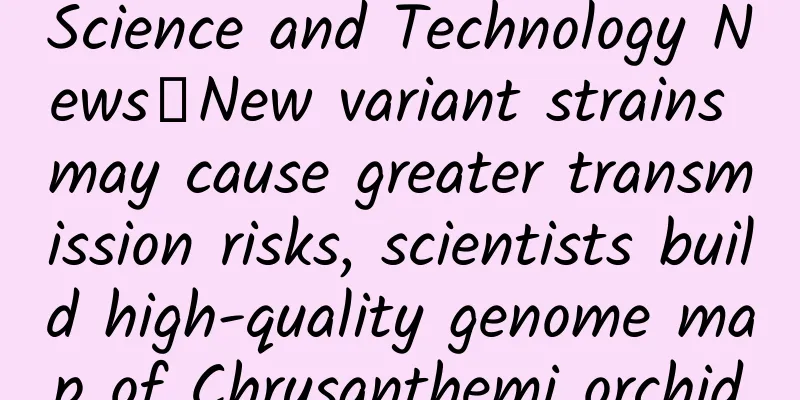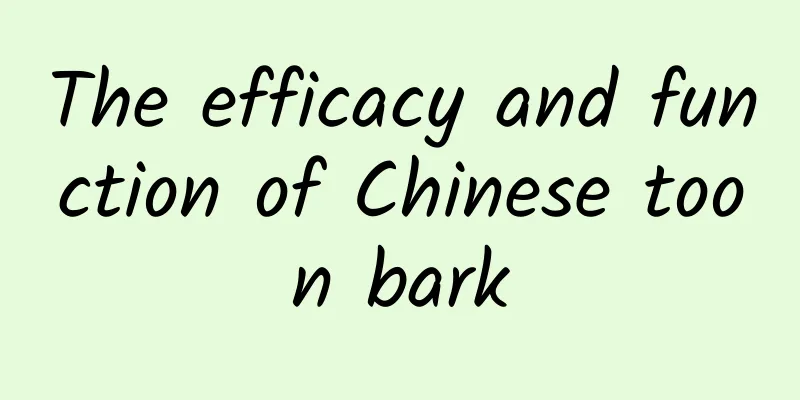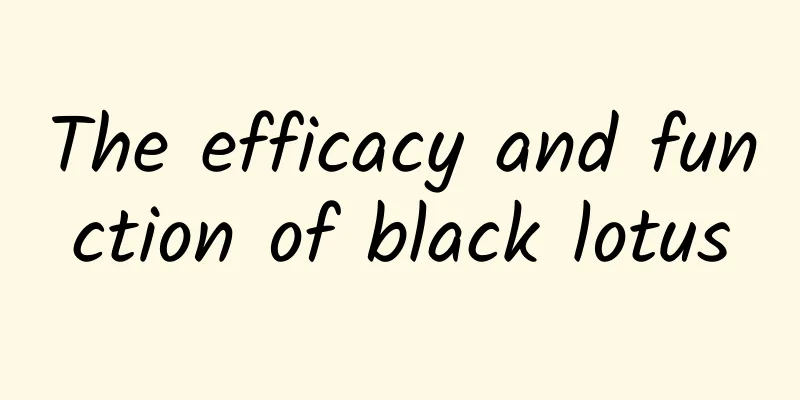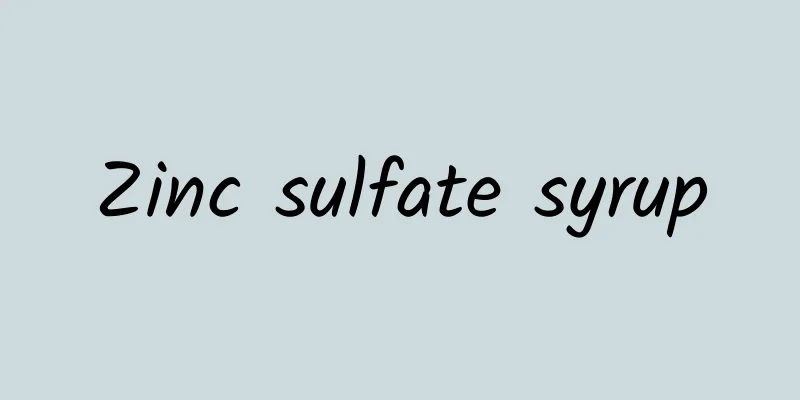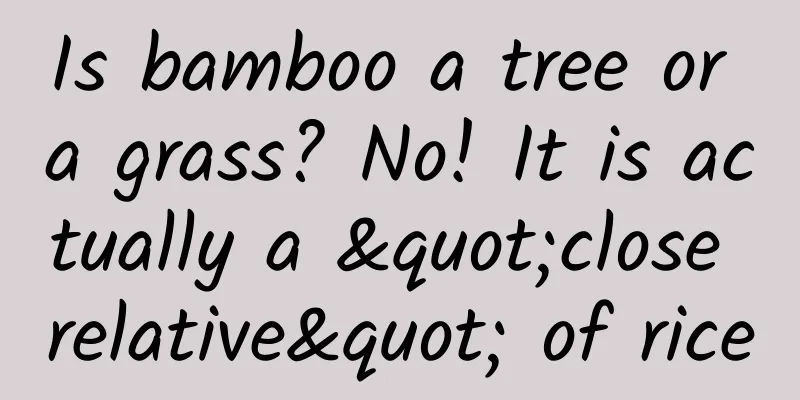The efficacy and function of Luofu persimmon

|
As people's living standards continue to improve, health and longevity are gradually valued by us, so nowadays health-preserving diet therapy methods are very popular, the trend of traditional Chinese medicine is becoming more and more popular, and Chinese medicine has once again occupied people's vision. Today we will talk about the Chinese medicine Luofu persimmon. [Source] Medicinal material source: the leaves and stem bark of Luofu persimmon of the Ebenaceae family. [Original form] Tree or dung tree, up to 20m high. The bark is black and peels off in flakes. The branches are gray-brown with scattered long round lenticels, and the young branches are covered with short soft hairs. Leaves are alternate; petioles are about 1 cm long, sparsely covered with short soft hairs when young, with very narrow wings at the tip; leaves are thin leathery, oblong, 5-10 cm long, 2.5-4 cm wide, with short acuminate or obtuse tip, cuneate base, slightly curled margins, shiny, dark green above, green below, often gray-brown above and often turning brown below when dry; midrib is convex below, with 4-6 lateral veins on each side. Male inflorescences are short, axillary, recurved, and rusty-colored hairy; male flowers are white; calyx is bell-shaped, hairy, 4-lobed, and the lobes are triangular; corolla is nearly pot-shaped when open, 4-lobed, and the lobes are ovate and recurved; stamens are 16-20, inserted at the base of the corolla tube, each 2 stamens are fused into a pair, and the ventral 1 is shorter; pedicel is 2mm. Female flowers are axillary and solitary; calyx is shallowly cup-shaped, covered with soft hairs on the outside and densely covered with brown silky hairs on the inside, 4-lobed, and the lobes are triangular; corolla is nearly pot-shaped, about 7mm long, with light brown silky hairs on the inside, 4-lobed, and the lobes are ovate and acute at the apex; there are 6 reduced stamens; ovary is spherical, with 4 styles, usually fused to the middle, and with white hairs; pedicel is about 2mm long. The berry is spherical, about 1.8cm in diameter, yellow and shiny. The persistent calyx is nearly flat, square, with silky hairs on the inside and 4 shallow lobes. The flowering period is May-June, and the fruiting period is November. [Habitat distribution] Ecological environment: Grown on hillsides at an altitude of 1100-1450m, under sparse woods in valleys, dense forests, thickets, or beside streams and water. 【Nature and flavor】 Bitter; astringent; cool 【Functions and indications】Detoxification and anti-inflammatory; astringent and antidiarrheal. Mainly food poisoning; diarrhea; dysentery; burns caused by water or fire [Usage and Dosage] For oral use: decocted in water, 9-15g, fresh leaves can be used up to 30g. For external use: mass, grind into powder, and apply on affected area. 【Excerpt】 Chinese Materia Medica After understanding some of the effects and common knowledge of Luofu persimmon, I hope that everyone will use scientific methods in the process of consumption to make it play a greater role. |
<<: The efficacy and function of Luoxingcao
>>: The efficacy and function of falling money
Recommend
Who will win the theory of everything competition?
The existing grand unified theory unifies the thr...
When the sun turns on "violent mode", the earth simply can't "bear it"...
Before going out Checking the weather forecast is...
What are the Chinese medicines for replenishing qi and blood?
As the status of women in modern society becomes ...
The back of the moon has more craters than the front. Is it because it protects the Earth from meteorite impacts? This hypothesis is totally unfounded
The moon we see all year round has the same face....
Medicinal value of Rehmannia glutinosa
In our lives, Rehmannia root is mainly used to tr...
The efficacy and function of wild chrysanthemum
For the Chinese medicinal material such as wild c...
The efficacy and function of rat tongue grass
Rat tongue grass has a long history, and up to no...
The efficacy and function of tiger orchid
Modern medical research believes that Tiger Orchi...
How is the spiciness of those notoriously spicy peppers measured?
© National Institute of Standards and Technology ...
Big brain melon effect
Big brain melon is a plant, also known as Xiebait...
Will drinking ice water often hurt your stomach? Will drinking hot water be fine?
Reviewer of this article: Chen Haixu, Deputy Dire...
The efficacy and function of new Litsea cubeba
New Litsea cubeba is a traditional Chinese medici...
24-hour emergency response: Beijing Winter Olympics test match routine nucleic acid test found positive people
Hot News TOP NEWS Beijing Winter Olympics test ma...
“Eating while it’s hot” may really cause cancer, so I advise you to stop immediately!
Freshly brewed hot tea, freshly cooked hot soup T...
